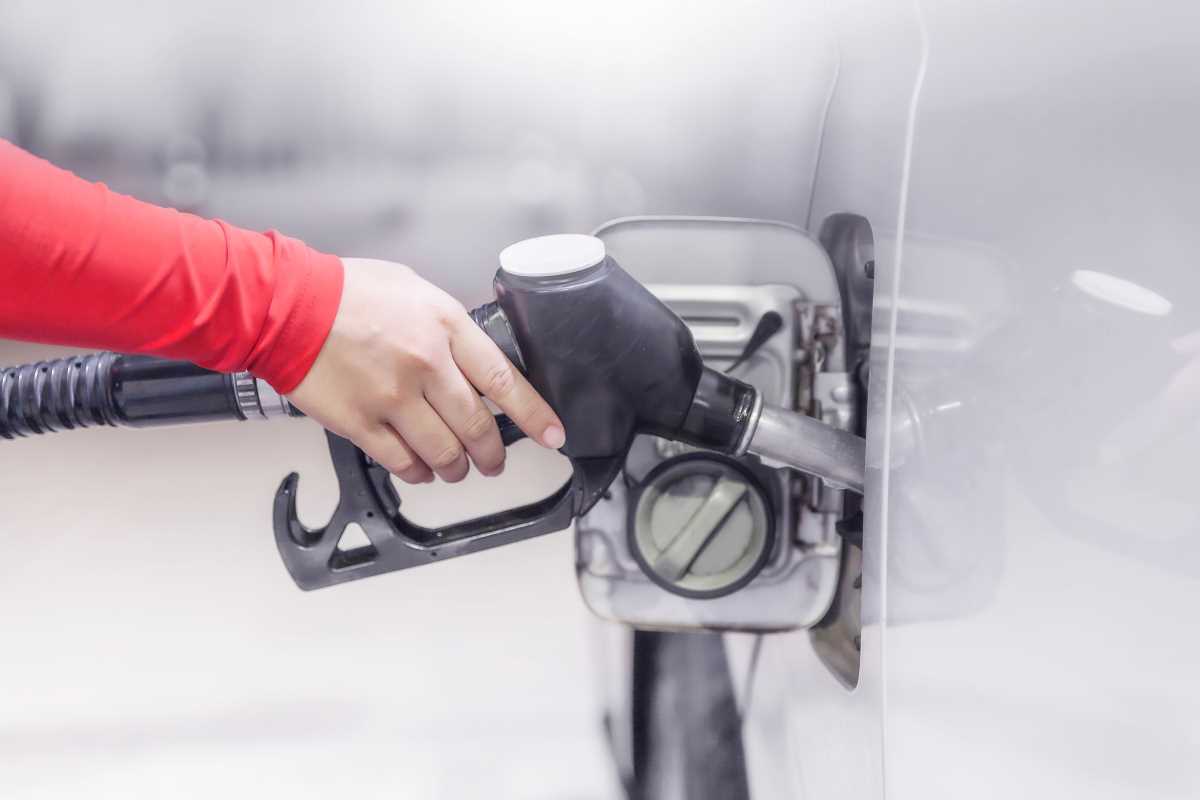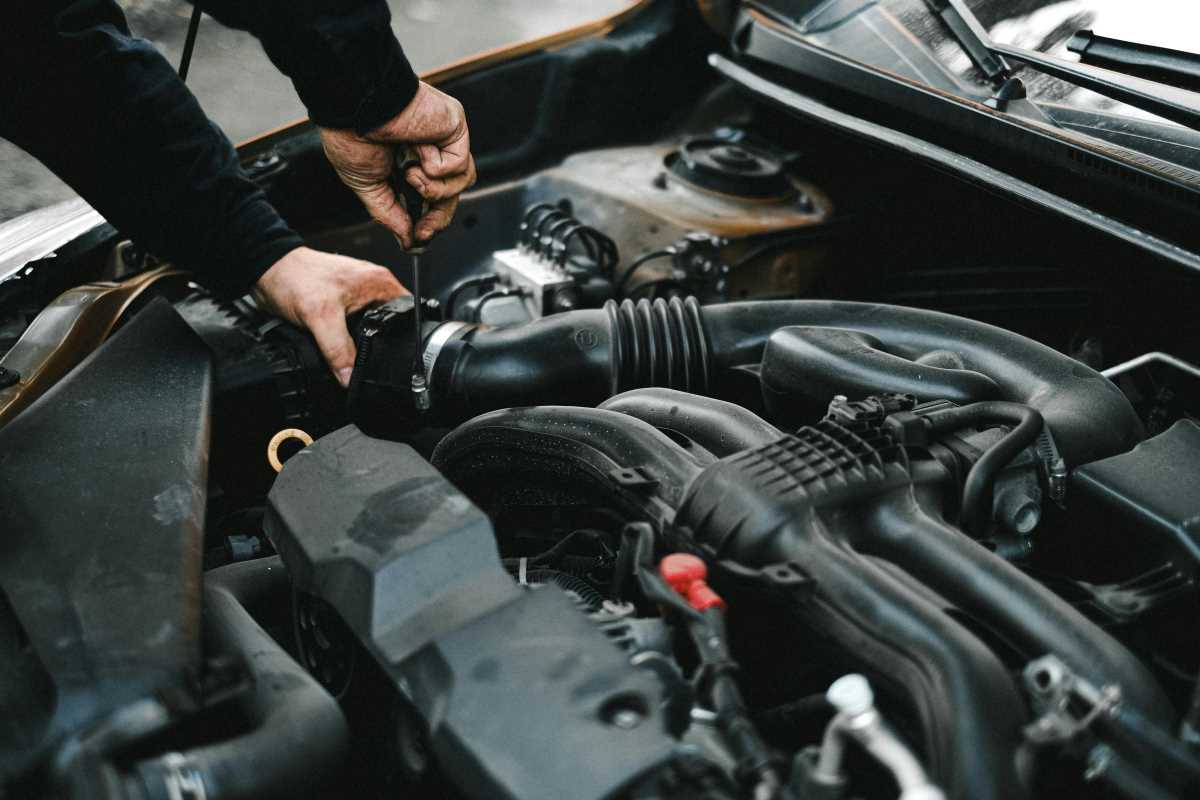Fuel economy and reducing carbon emissions are essential factors in the current drive towards sustainability. With the increasing awareness of climate change and its devastating effects, it is vital to adopt practices that help mitigate our impact on the planet. Taking simple steps to boost your vehicle's fuel efficiency not only saves you money but also contributes positively to the environment. By making a few adjustments to your driving habits and committing to regular maintenance, you can significantly reduce your carbon footprint and promote a cleaner, greener future. Here are some easy ways to enhance your vehicle's fuel economy and lower carbon emissions:
1. Driving Habits
Your driving style plays a pivotal role in determining your vehicle's fuel efficiency. One effective way to improve fuel economy is by driving more efficiently. Aggressive driving behaviors, such as rapid acceleration and sudden braking, can lead to increased fuel consumption. Instead, aim for smooth, gradual acceleration and deceleration. Maintaining a consistent speed can save you up to 20% in fuel consumption. Furthermore, avoid excessive idling; if you anticipate being stationary for more than a minute, it's often more fuel-efficient to turn off the engine. These simple changes to your driving habits can lead to noticeable improvements in fuel economy.
2. Proper Tire Inflation
Keeping your tires properly inflated is crucial for optimal fuel efficiency. Under-inflated tires can increase rolling resistance, making your engine work harder and burn more fuel. Regularly checking and maintaining the correct tire pressure can improve gas mileage by up to 3%. It's recommended to check your tire pressure at least once a month and before long trips. Additionally, ensuring your tires are properly aligned can prevent uneven wear and maximize fuel efficiency.
3. Regular Maintenance
Following the manufacturer's recommended maintenance schedule can significantly improve your vehicle's fuel economy. Regular tune-ups, oil changes, and air filter replacements ensure that your engine runs efficiently. A well-maintained engine operates smoothly, resulting in better mileage and lower emissions. For instance, replacing a clogged air filter can improve fuel efficiency by as much as 10%. Be sure to keep up with routine maintenance to maximize your vehicle's performance and minimize its environmental impact.
4. Lighten the Load
Carrying unnecessary weight in your vehicle can reduce fuel efficiency. Every extra 100 pounds of weight can decrease gas mileage by up to 2%. To improve your car's fuel economy, remove excess items from your trunk and roof rack. Consider taking off any roof racks or carriers when they are not in use, as they create additional drag that can lower fuel efficiency. By lightening your load, you can help your vehicle burn fuel more efficiently and reduce carbon emissions.
5. Use Cruise Control
Utilizing cruise control on the highway can help maintain a constant speed and prevent unnecessary acceleration. This can lead to improved fuel economy, particularly on long stretches of road. By reducing fluctuations in speed, you can save on gas and emit fewer pollutants into the environment. Just be cautious using cruise control in hilly terrain, as it may cause the engine to work harder when going uphill.
6. Combine Trips
Planning your driving routes efficiently and combining errands into one trip can help reduce the number of cold starts, which are less fuel-efficient. Every time you start your engine, it takes time for it to reach its optimal operating temperature, leading to wasted fuel. By minimizing short trips and grouping errands, you can cut down on fuel consumption and emissions. This not only saves you fuel but also reduces the wear and tear on your vehicle.
7. Switch to Eco-Friendly Products
Using eco-friendly fuel additives, synthetic oils, and energy-efficient tires can further enhance your vehicle's fuel economy and reduce emissions. Eco-friendly products often contain additives that help keep your engine clean and running smoothly, improving overall efficiency. Synthetic oils, for example, can provide better protection and efficiency than conventional oils. Similarly, investing in low rolling resistance tires can enhance fuel economy, allowing your vehicle to glide more easily along the road.
8. Monitor Fuel Economy
Keeping track of your fuel economy can help you identify trends and make necessary adjustments to improve efficiency. Many modern vehicles come equipped with onboard fuel economy monitors that provide real-time feedback. By observing your fuel consumption, you can pinpoint habits or maintenance issues that may be negatively impacting your vehicle's performance. Consider recording your mileage and fuel usage regularly to better understand your driving patterns and make informed adjustments.
By implementing these easy ways to boost your vehicle's fuel economy and reduce carbon emissions, you can contribute to a greener planet while saving money on fuel costs. Small changes in your driving habits and maintenance routine can have a significant impact on the environment and your wallet. Start making a difference today by taking simple steps towards a more sustainable driving experience.
Remember, every little effort counts, and collectively, we can make a substantial difference in combating climate change and preserving our planet for future generations. Making environmentally conscious choices is not only beneficial for you but also for the world around you.







